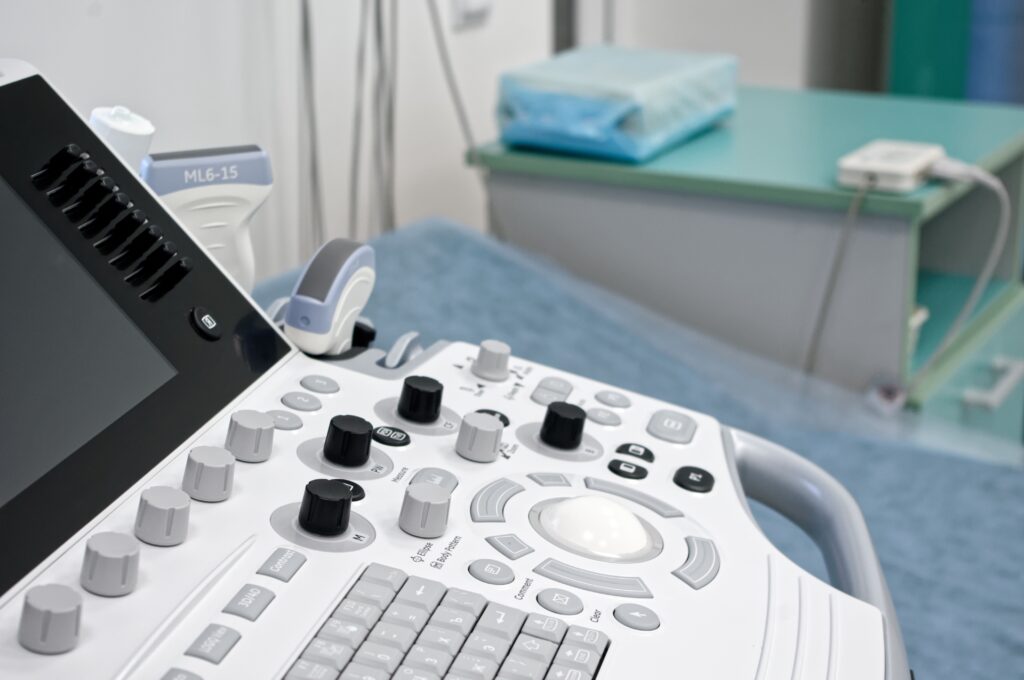A new ultrasound “helmet” may provide a non-invasive alternative to deep brain stimulation (DBS) for treating neurological conditions, including Parkinson’s disease, depression, Alzheimer’s, Tourette syndrome, and chronic pain.
The device can target brain regions 1,000 times smaller than standard ultrasound and 30 times smaller than previous deep-brain ultrasound systems. Unlike DBS, which requires implanted electrodes, the helmet delivers mechanical pulses while the patient wears it inside an MRI scanner.
In tests on seven volunteers, researchers directed ultrasound waves at the lateral geniculate nucleus (LGN), achieving pinpoint accuracy and producing lasting changes in connected brain regions. Experts say the breakthrough could be applied to motor control areas in Parkinson’s patients, potentially reducing tremors.
The project, developed over a decade by Oxford University and University College London, is the first of its kind. Future improvements, including AI guidance, may allow patients to use the helmet at home. The team aims to refine it into a practical clinical tool that could complement or replace invasive brain implants.


